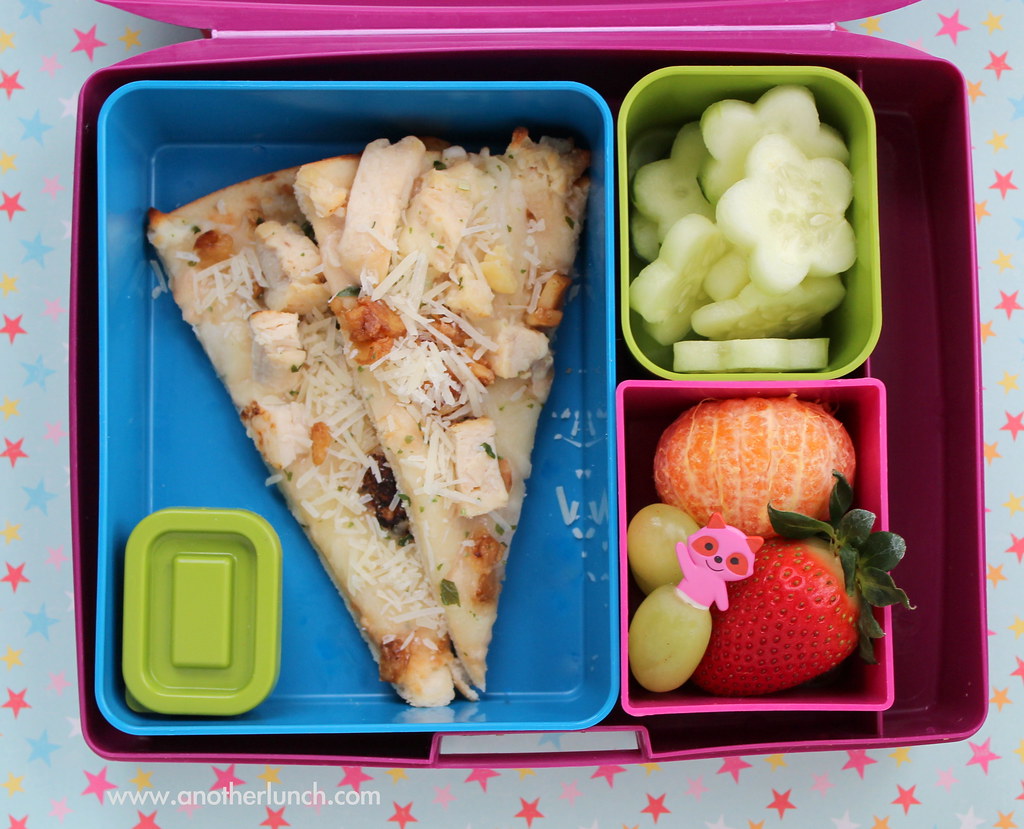FOR YOUR HEALTH – Healthful School Lunches: What Parents Need To Know
 (NAPSI)—The healthfulness of school lunches is one of the top three parental concerns of this school season, according to a recent survey conducted by OnePoll.
(NAPSI)—The healthfulness of school lunches is one of the top three parental concerns of this school season, according to a recent survey conducted by OnePoll.
The survey covered a number of parental worries for their school-aged kids, including their safety, whether they’ll make new friends, quality of education, and homework load. However, 44 percent of respondents prioritized healthful school lunches after the quality of their children’s teachers, and ahead of the cost of school supplies.
Taking a deeper look into school lunches, the survey also found that the average child buys lunch about three times a week and, while healthful eating is a top concern for parents, 36 percent admitted they don’t typically know what their child eats at school.
Making Good Nutrition A Part of Kids’ Everyday Life
What with pizza, mystery meat, and the variety of fried options offered at school, most parents say their child eats healthiest when at home or when they pack their kids’ lunches themselves. Unfortunately, the survey also found that 45 percent of parents admit that they don’t always have time or have forgotten to prepare a sack lunch for their kids to take to school.
“Parents have enough to worry about and what their kids are eating in school should be the last thing they have to think about. Yet, unfortunately, parents have deep fears about what their kids are eating in lunchrooms across the country,” says Dr. John Agwunobi, pediatrician, co-president and Chief Health and Nutrition Officer at Herbalife Nutrition. “We all have a responsibility to ensure our kids are getting the most nutritious meals possible, and I applaud school districts around the country that are working with parents to improve both the nutrition levels and taste of school meals.”
According to the survey, only about a quarter of parents know both the nutrient and calorie value of the foods their children eat for lunch, whether homemade or purchased.
The Importance of Knowing Nutritional Value of Food
Building a balanced meal—including dairy, vegetables, fruits, grains and protein—doesn’t have to be complicated or take a long time. What is most important is making sure that the calories your children consume are jam-packed with the nutrients they need for energy and growth—a concept known as “nutrient density.” Emphasizing nutrient-dense foods is a great way to rethink how you pack your kids’ lunches—and how you plan meals at home, too.
Simply put, nutrient-dense foods are those that pack a lot of nutrients relative to their calorie cost. When choosing between two food items with the same calorie amount, one food choice could provide your body with the protein, fiber, healthy fats, vitamins or minerals it needs every day, while another choice may provide empty calories from sugar and saturated fat with no other significant nutrients.
Ideally, a meal should be made up of mostly nutrient-dense foods, with fewer “calorie-dense” foods—such as fats and sugars—which are high in calories relative to the nutrients they contain.
When parents do pack a lunch, the survey reported, tasty food is their top priority (64 percent), as well as foods that parents know their child will eat (64 percent), followed by healthy options (62 percent). Some ideas for nutrient-packed, healthful foods that most kids will enjoy include omega-3-rich tuna fish, sweet and crunchy carrots, strawberries packed with potassium and vitamin C, and nuts, which can replace chips to satisfy cravings for salty, crunchy items. However, the survey also found that the peanut butter and jelly sandwich continues to be the staple menu item most parents pack for their children. To make it more nutrient dense, parents can simply replace the white bread with whole grain bread and use a low- or no-sugar-added peanut butter and jelly, to make the sandwich more healthful, with better nutritional value.
Learn More
For more facts and tips on healthful and tasty options for yo`ur kids’ lunches, visit www.iamherbalifenutrition.com.
Responsible journalism is hard work!
It is also expensive!
If you enjoy reading The Town Line and the good news we bring you each week, would you consider a donation to help us continue the work we’re doing?
The Town Line is a 501(c)(3) nonprofit private foundation, and all donations are tax deductible under the Internal Revenue Service code.
To help, please visit our online donation page or mail a check payable to The Town Line, PO Box 89, South China, ME 04358. Your contribution is appreciated!


Leave a Reply
Want to join the discussion?Feel free to contribute!